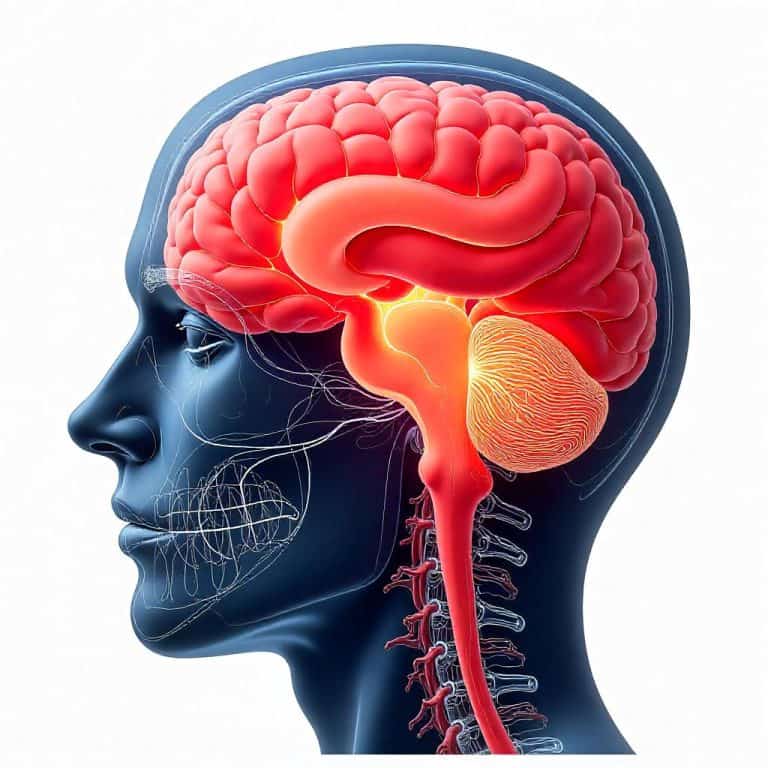Welcome to the Pituitary Gland quiz! The pituitary gland is a tiny but mighty organ located at the base of your brain. It may be small, but it plays a big role in controlling many vital functions in your body.
In this quiz, you will learn all about the pituitary gland and its important role in regulating hormones. From growth and metabolism to stress response and reproduction, the pituitary gland is a key player in keeping your body running smoothly.
So get ready to test your knowledge and see how much you know about this powerful little gland!
Play Pituitary Gland Quiz
Instructions
- This quiz is multiple choice.
- Read each question carefully before selecting an answer.
- Choose the best answer for each question.
- You will see the missed questions with correct answers at the end of the quiz.
Quick Facts
- The pituitary gland is a small, pea-sized organ located at the base of the brain.
- It is often referred to as the “master gland” because it controls the functions of other glands in the body.
- The pituitary gland produces hormones that regulate growth, metabolism, reproduction, and stress response.
- It is divided into two main parts: the anterior pituitary and the posterior pituitary.
- The anterior pituitary produces hormones such as growth hormone, thyroid-stimulating hormone, and adrenocorticotropic hormone.
- The posterior pituitary stores and releases hormones produced by the hypothalamus, such as oxytocin and vasopressin.
- Disorders of the pituitary gland can lead to hormonal imbalances, affecting various bodily functions.
- Some common pituitary disorders include acromegaly, Cushing’s disease, and hypopituitarism.
- Treatment for pituitary disorders may involve medication, surgery, or radiation therapy.
- Regular check-ups and monitoring of hormone levels are important for maintaining a healthy pituitary gland.
Downloads
No downloads found
Study Tips
- Create a study schedule and stick to it.
- Find a quiet and comfortable study environment.
- Remove distractions such as phones and social media.
- Take breaks every 25-30 minutes to avoid burnout.
- Use active studying techniques like summarizing, highlighting, and teaching concepts to someone else.
- Practice retrieval by testing yourself with flashcards or practice quizzes.
- Stay organized with notes, study guides, and resources.
- Stay hydrated and eat brain-boosting foods like fruits, nuts, and whole grains.
- Get enough sleep to improve memory retention and cognitive function.
- Reward yourself for reaching study goals to stay motivated.
